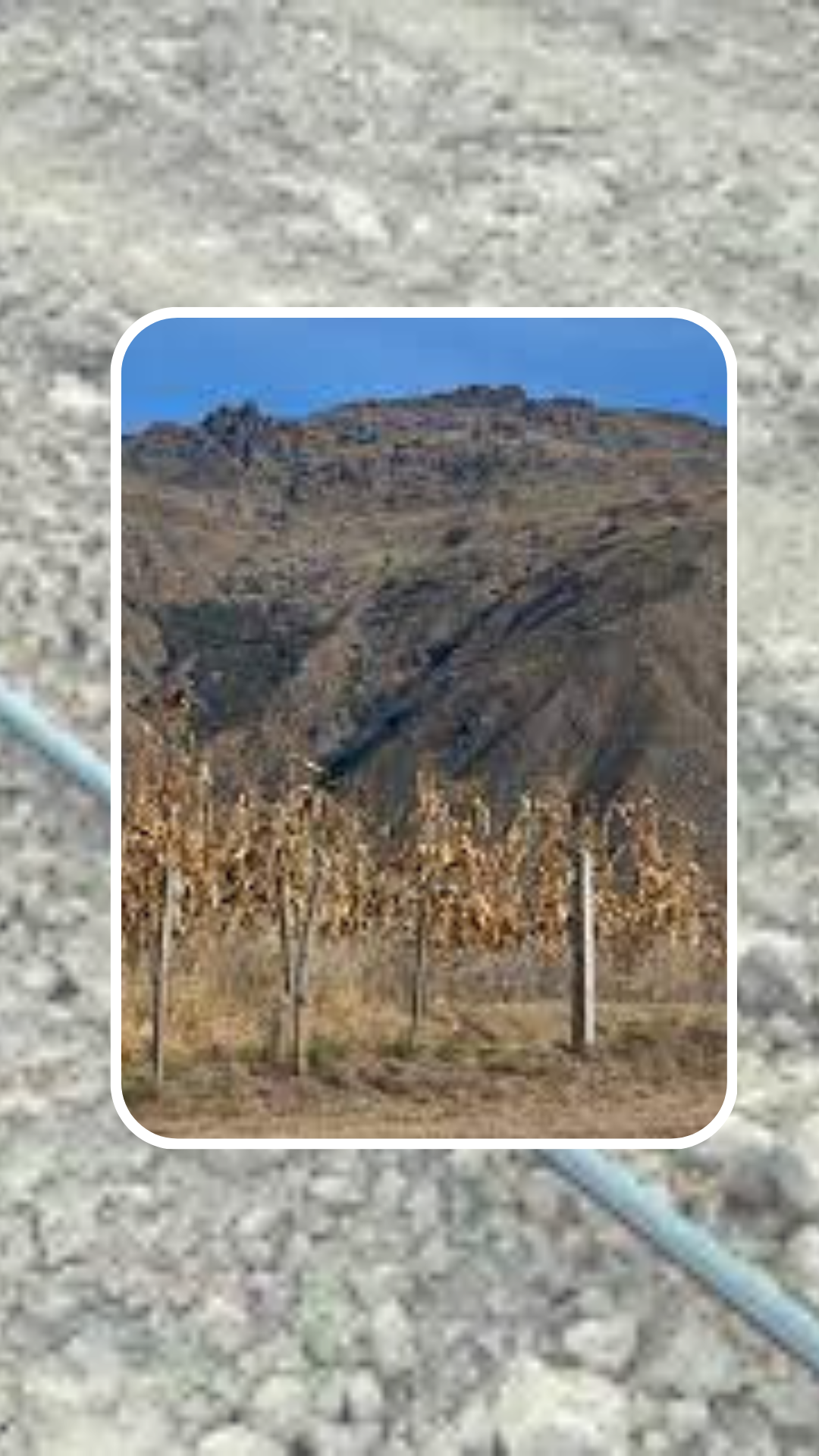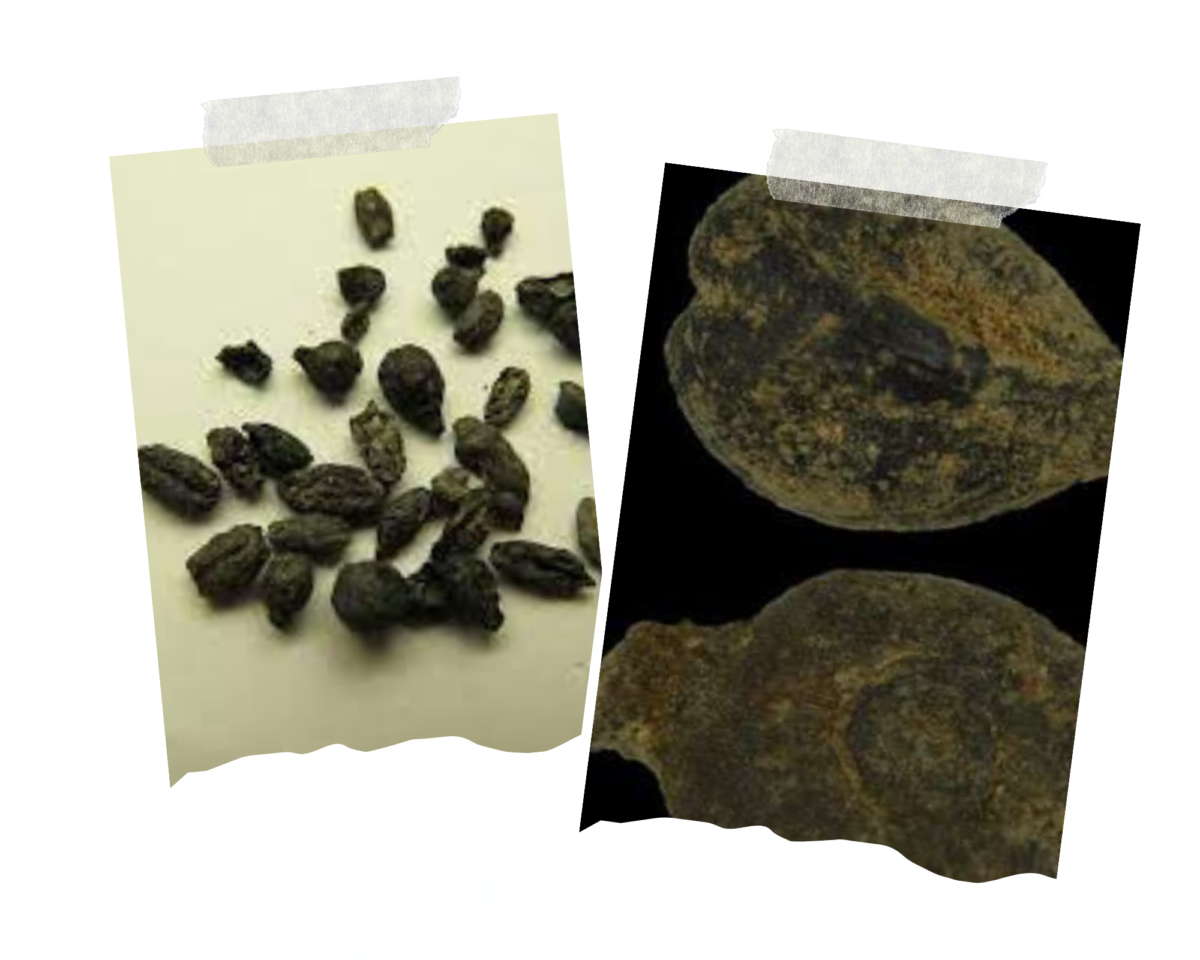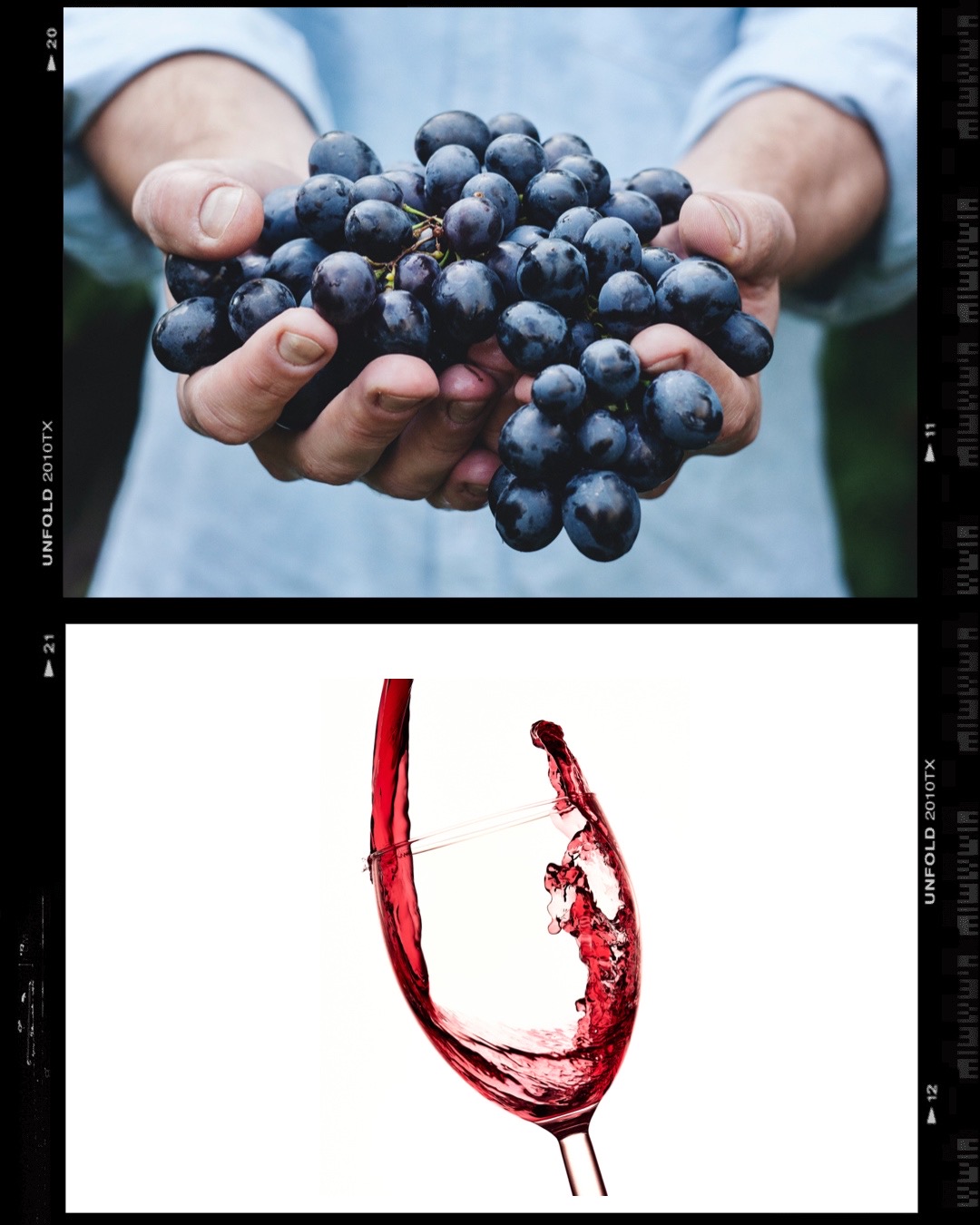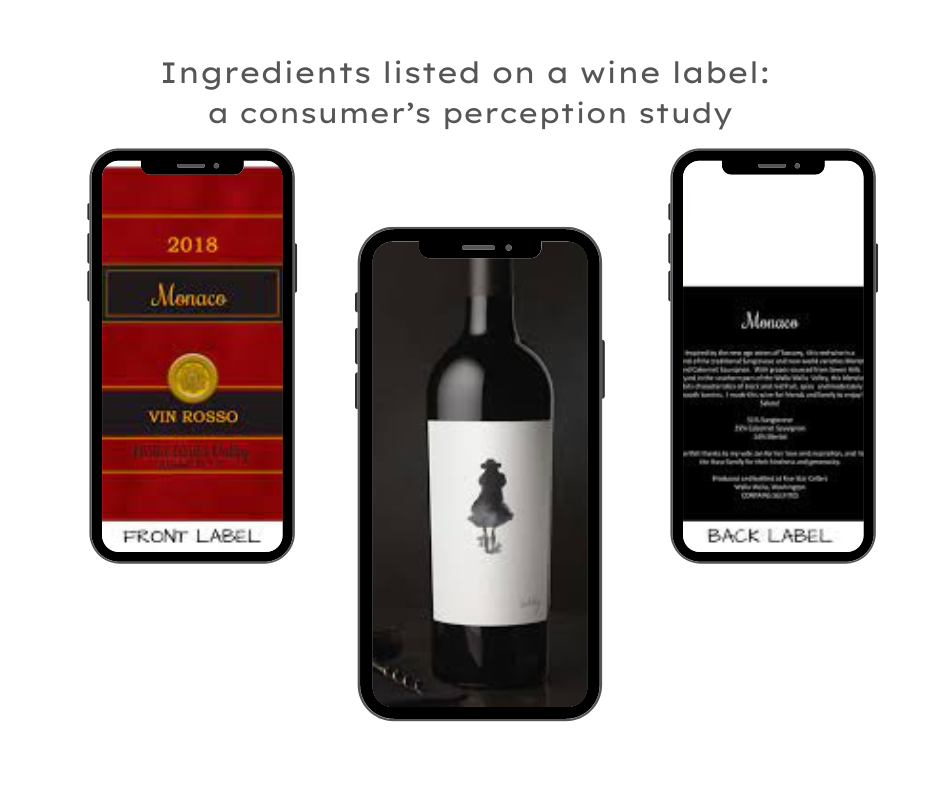Amid intense opposition to proposed laws on nature restoration and curbs on pesticides, the European Commission put forward proposals [the continent’s first soil law] in Brussels last week to revive degraded soils. Research indicates that this could help absorb carbon from the atmosphere and ensure sustainable food production.
The new law would see Member States monitor the health of soils, fertilizer use and erosion, but stops short of country-level targets for improving soil quality. This drew criticism from the European agri-food industry, which called for more ambition to improve the “worrying” state of soils.
The EU estimates at least 61% of the bloc’s soil is unhealthy, driven by factors including degradation of peatlands and intensive fertilizer use.
EU environment commissioner, Virginijus Sinkevičius states:
“If our soils continue to degrade, the biggest risk is to our food security and farmers. Basically, their business model is wiped out,” he said. “I can hardly imagine how we could do agriculture without fertile soils. The worst effects of droughts and floods can be avoided with healthier soils.”
The new law would not have legally binding targets, although “We are opening the way to additional income opportunities for farmers and landowners through a voluntary certification scheme for soil health and strong synergies with carbon farming and payments for ecosystem services,” Sinkevičius states.
One Planet Business for Biodiversity (OP2B), the main representative of the European agri-food industry in Brussels, said the proposals did not go far enough. “The EU needs to go further to tackle the trend of deteriorating soil health in Europe,” said director Stefania Avanzini.
The European Commission is calling on Member States and the European Parliament to raise the ambition of the proposal. “We very much value the importance the commission gives to agriculture and its central role in the management of soil,” Avanzini said.




![Neal Family Vineyard [Napa] are officially “Regenerative Organic Certified®”](https://www.liz-palmer.com/wp-content/uploads/2022/11/Black-And-White-Collage-Photo-Inspiration-LinkedIn-Post.png)
